Although Italian composer Antonio Salieri was rumored to have fatally poisoned Mozart out of jealousy in 1791, there is no evidence that the renowned musician was truly a killer.
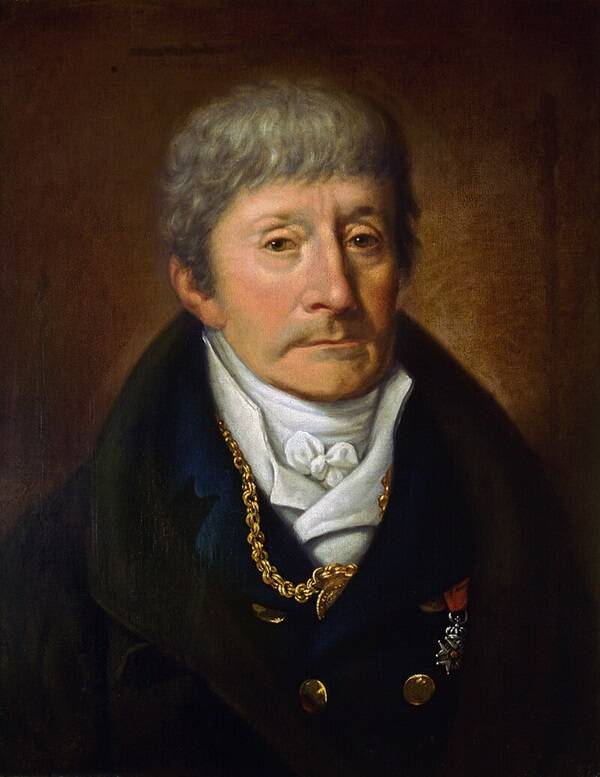
Public DomainA portrait of Antonio Salieri, an Italian composer of the Classical era, painted by Joseph Willibrord Mähler in 1815.
Antonio Salieri was a leading composer and teacher of the Classical era who is best remembered today for his rumored rivalry with Mozart. However, his life was so much more than the fabled feud. Orphaned as a teenager, Salieri moved to Vienna at 16, began working for Habsburg royalty, and spent the next several decades shaping the sound of European music from behind the scenes.
Yet despite his incredible success, Salieri’s work was largely forgotten in the 19th century. Instead, he became infamous for his alleged hand in Mozart’s early death.
Mozart mentioned Salieri in several letters to his father, and he spent his final years ranting about an Italian “cabal” that was preventing his success in Vienna. Salieri himself reportedly even admitted to poisoning Mozart in a deranged rant toward the end of his life. However, there is no solid evidence that Salieri actually killed Mozart out of jealousy in 1791 — or that the composer was poisoned at all.
This rumor captured the public imagination once more in 1980 when Peter Shaffer’s play Amadeus — and the 1984 film adaptation — introduced Salieri’s story to a modern audience. So, who was the real Antonio Salieri?
Antonio Salieri’s Unlikely Path To Vienna
Born in 1750 in the small town of Legnago, Italy, Antonio Salieri grew up studying music. His older brother, Francesco, trained under the famous violinist Giuseppe Tartini and started tutoring Antonio at home.
Young Salieri soon realized he’d found his passion. He would sneak out of the house to watch his brother perform, and he once reportedly criticized a priest’s flashy organ playing — a bold move for a boy barely in his teens. That strong musical instinct would define his career for the rest of his life.
Around the age of 13, tragedy struck. Both of Salieri’s parents died, leaving him an orphan. He was passed from one guardian to another before ending up in the household of a nobleman from the Mocenigo family in Venice. A hardship that could have ended his musical dreams instead opened new doors.
In Venice, Salieri began formal studies with organist Giovanni Battista Pescetti and singer Ferdinando Pacini. These early lessons in both instrumental and vocal music would become the foundation for Antonio Salieri’s future success as an opera composer. However, his real turning point came in 1766 when he met Florian Leopold Gassmann, a prominent composer who was visiting Venice from Vienna.
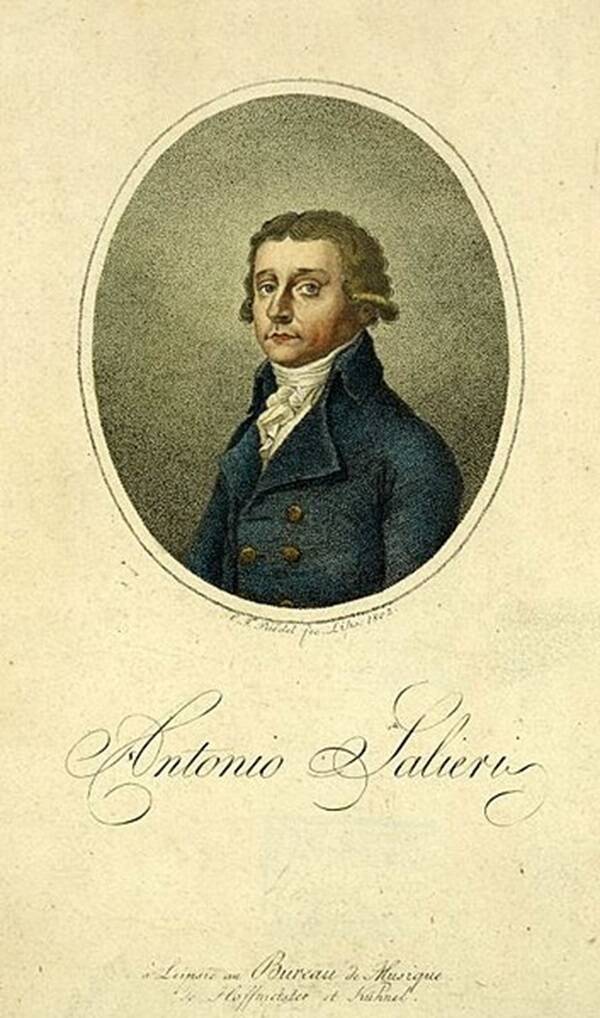
Public DomainAn 1802 lithograph of Antonio Salieri, whose influence shaped the future of opera in 18th-century Europe.
Gassmann quickly recognized Salieri’s talent. He brought the teenager back to Vienna, personally funding his education and giving him a home. Under Gassmann’s mentorship, Salieri studied not only music but also Latin, German, and poetry.
In Vienna, Antonio Salieri thrived. He immersed himself in the bustling musical life of the city and took his studies seriously. He lived with Gassmann until his mentor’s death in 1774, by which time Salieri was already composing his own works. The relationship with Gassmann had deeply shaped him, instilling in Salieri a sense of discipline, spirituality, and devotion to his craft.
These skills eventually led him to the royal court of Emperor Joseph II of the House of Habsburg.
The Successful Career Of The Italian Composer
When Salieri met Gassmann, the older musician was already working as Emperor Joseph’s chamber composer. Gassmann brought Salieri along to the musical performances that accompanied the ruler’s daily meal. Salieri impressed the emperor, and when Gassmann died in 1774, Salieri took his place as chamber composer.
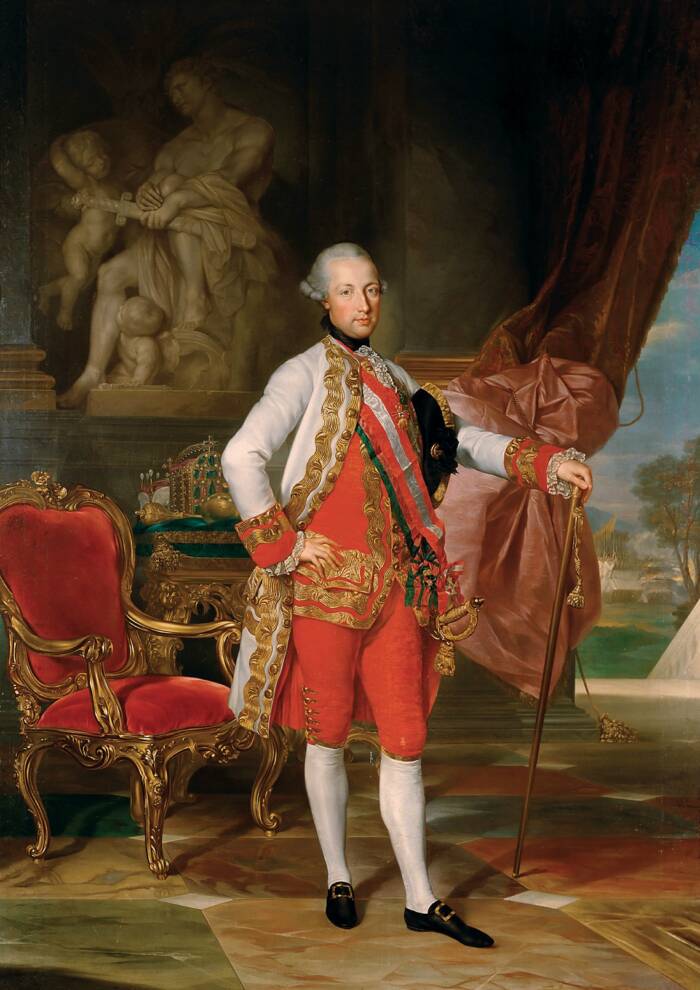
Public DomainAntonio Salieri worked at the royal court of Habsburg Emperor Joseph II.
Even before that, however, Antonio Salieri began writing music. He composed his first full opera, Le donne letterate, in 1770, and it achieved fair success in Vienna. However, Salieri’s real breakthrough came in June 1771 with Armida, which was praised for its emotional depth and theatrical power. The opera’s popularity led to performances across Europe, and it was even translated into German. Then, in 1772, Salieri composed La fiera di Venezia, a lively comic opera that broke new ground by including songs and dances performed by actors and chorus members alike.
Gassmann’s death also made Salieri the assistant director of the Italian opera in Vienna. At just 24, he was responsible for conducting and staging productions in one of Europe’s most influential cities. However, the opera company ran into financial trouble and closed in 1777 — but Salieri didn’t give up. Instead, he looked outward, composing new works for cities like Milan and Paris.
In 1784, Salieri’s career reached new heights with the premiere of his French opera Les Danaïdes, which helped cement his reputation far beyond Vienna. Four years later, he added to his already impressive resume when he was appointed Kapellmeister of Emperor Joseph’s court, a role that put him in charge of all church music for the powerful Habsburgs. He would hold the position for the next 36 years, shaping the sacred music of Vienna and mentoring some of history’s most famous composers.
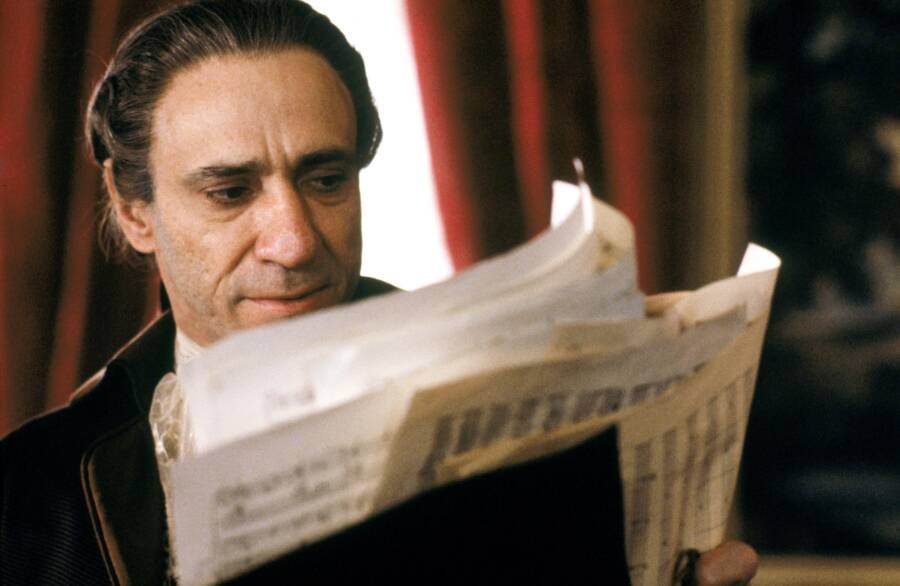
Allstar Picture Library Ltd / Alamy Stock PhotoF. Murray Abraham portrays Antonio Salieri in the 1984 film Amadeus.
Salieri’s continued to put out celebrated music throughout the 1780s and 1790s. He wrote operas, symphonies, sacred music, and secular songs. His ability to adapt to different languages and styles made him a favorite not only in Vienna but throughout Europe.
However, despite his many accomplishments, Antonio Salieri’s name is most often linked with Wolfgang Amadeus Mozart. The claim that Salieri secretly hated Mozart and may have even poisoned him was fueled by rumors, gossip, and later dramatizations like the play and film Amadeus.
Did Antonio Salieri Really Murder Mozart?
The myth of a rivalry between Antonio Salieri and Mozart emerged shortly after Mozart’s death in 1791, and it later gained momentum with a play by Russian poet Alexander Pushkin. The most shocking claim was that Salieri confessed to poisoning Mozart in his final years. However, there’s no solid evidence to support this. Historians believe Salieri, suffering from physical and mental decline, may have been confused when he allegedly made this statement.
There is also no proof that Salieri — or anyone — poisoned Mozart. Mozart had a history of sickness and paranoia. In a 1780 letter to his father, he wrote, “Do not be uneasy, dearest father, about my opera; I do hope that all will go well. No doubt it will be assailed by a petty cabal.”
In September 1791, Mozart became seriously ill while in Prague. Though he briefly improved, his health worsened upon his return to Vienna in November. He died on Dec. 5, 1791, at age 35. Dozens of possible causes have been proposed, but poisoning remains unsubstantiated.
Today, historians generally agree that Mozart died of natural causes related to a virus or infection, not foul play.
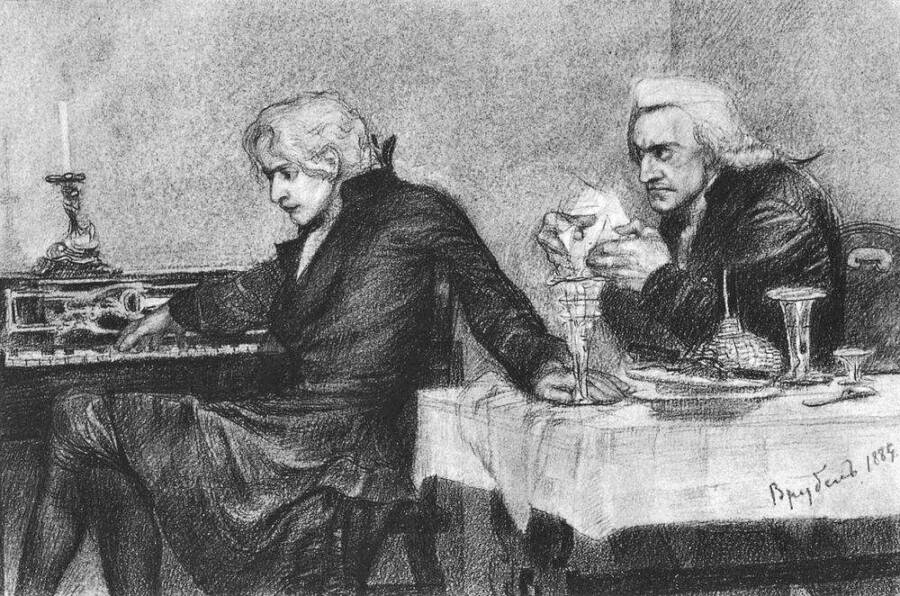
Public DomainAn 1880s drawing of Antonio Salieri slipping poison into Mozart’s drink.
While there may have been moments of professional jealousy between Salieri and Mozart, there is little evidence that Salieri actively sought to harm his fellow composer. In fact, Salieri attended a performance of The Magic Flute and later gave music lessons to Mozart’s son.
Salieri’s real sorrow in later years likely stemmed from the decline in his own popularity, not his envy of Mozart. The rumors surrounding his role in Mozart’s death reportedly affected him deeply, contributing to his depression.
In a conversation with his friend Anselm Hüttenbrenner on June 8, 1822, Antonio Salieri reflected back on his life: “I feel that the end of my days is drawing near; my senses are failing me; my delight and strength in creating songs are gone; he, who was once honored by half of Europe, is forgotten; others have come and are the objects of admiration; one must give place to another. Nothing remains for me but trust in God, and the hope of an unclouded existence in the Land of Peace,” he told Hüttenbrenner.
Salieri’s true legacy is as a composer and teacher who shaped classical music by mentoring figures like Beethoven, Schubert, and Liszt. He passed away in 1825 at 74 following a battle with dementia. After his passing, rumors resurfaced about a deathbed murder confession, but they remain unproven. Far from being the villain portrayed in popular myth, Antonio Salieri was a respected composer and a key figure in music history.
Now that you’ve read about the life of Antonio Salieri, learn about Francesco Lotoro, the Jewish composer who preserves the music of Holocaust victims. Then, go inside the debate over whether or not Beethoven was Black.





